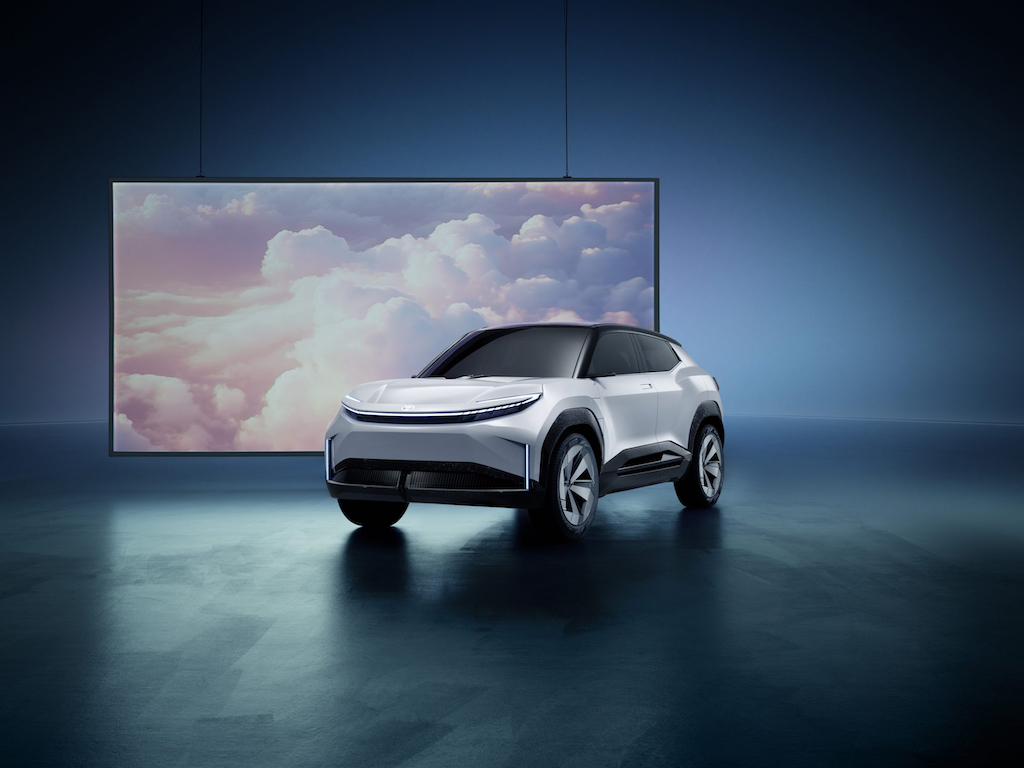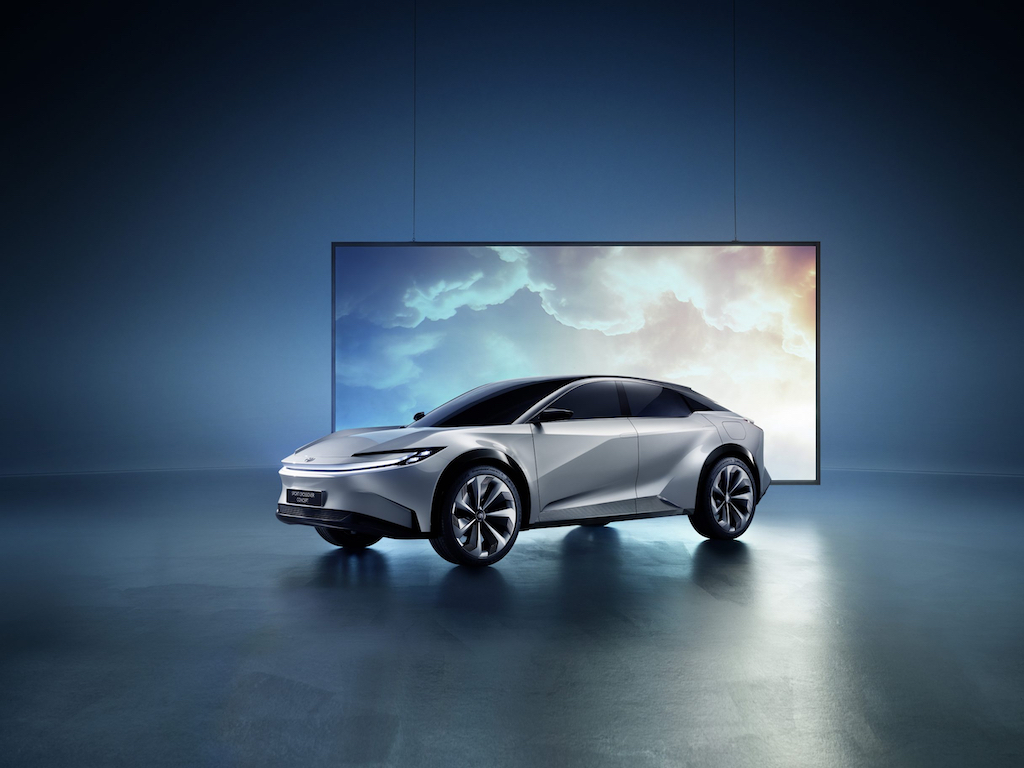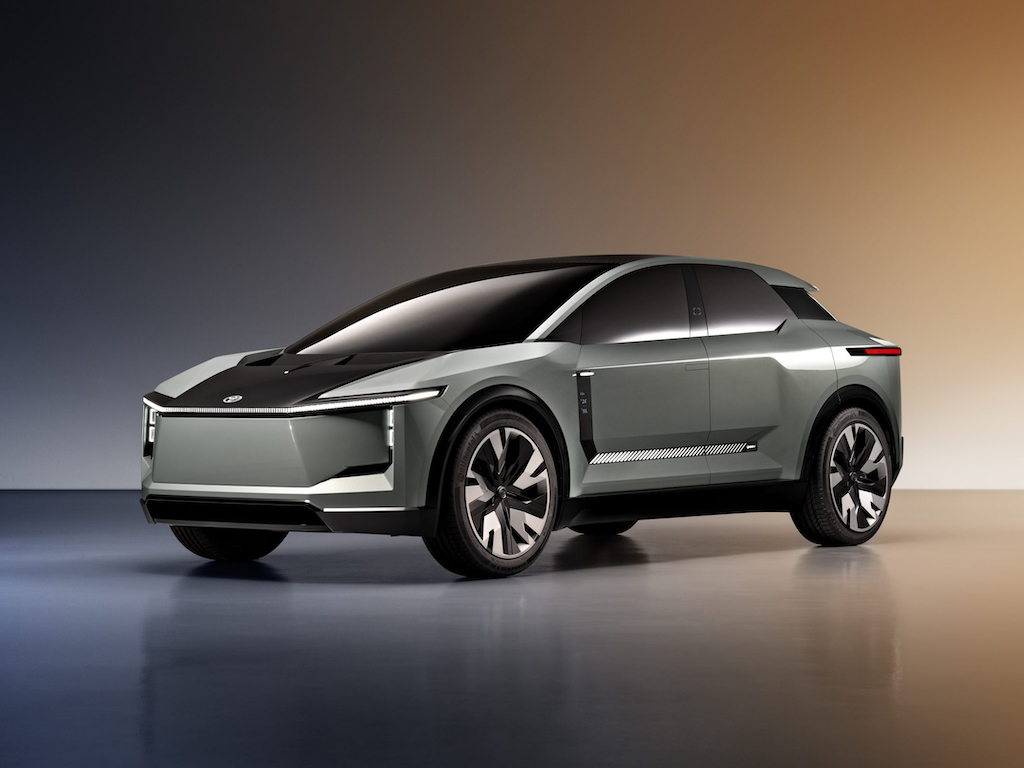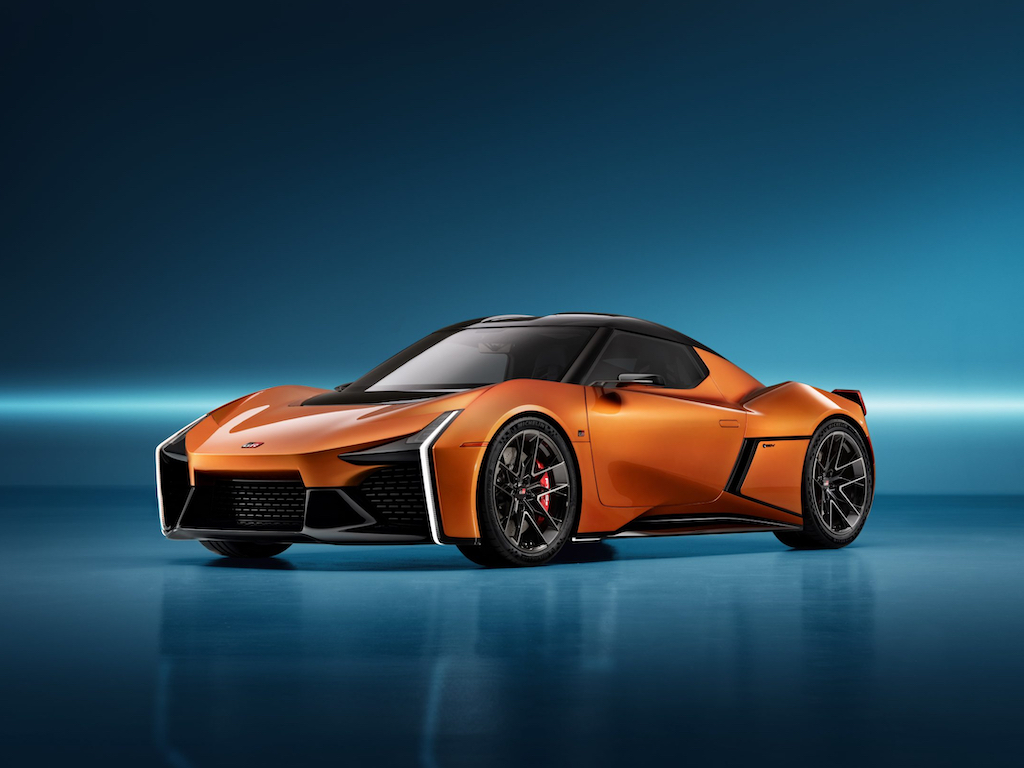Toyota to launch new electric SUV and crossover from 2024
Toyota has presented its Urban SUV and Sport Crossover concepts, which will launch within the next two years as part of its expanded EV line-up.
- Toyota’s Urban SUV Concept
- The Sport Crossover concept
- The FT-Se battery electric two-seater concept
- The FT-Se battery electric two-seater concept
Showcased at Toyota Motor Europe’s 2023 Kenshiki forum in Brussels, the new models will join the Compact SUV concept revealed last year and the existing bZ4X under plans for six dedicated battery electric vehicle (BEV) models in Europe by 2026.
The newly revealed Urban SUV Concept is planned for market launch in 2024 and will serve as the brand’s entry-level BEV, providing the most compact and accessible model. It will compete in the B-SUV segment, where the Toyota’s hybrid Yaris Cross already sits, and will provide an “authentic battery electric SUV that has versatility designed-in and which meets the priorities of European customers”.
Both front- and all-wheel drive powertrains will be available and the production model will offer two battery options to suit different customer priorities for driving range and accessibility.
The urban crossover will also deliver “powerful SUV styling” along with a “fully flexible interior” able to be adapted to prioritise passenger or load space as required while offering a high driving position.
Further details and the production model will be announced during 2024.
Toyota also presented its Sport Crossover Concept at Brussels. First presented at the Auto Shanghai in April this year it’s been developed for both the Chinese and European markets by BYD Toyota EV Technology Co – a joint venture established in China by Toyota and BYD.
Due on sale in 2025, the new arrival will give “a new style icon for Toyota’s all-electric range, offering maximum comfort and generous space in a sleek, fastback silhouette”.
It’s positioned as an “attractive proposition for first-time electric car customers and a stylish alternative to SUVs”.
The electric crossover is being designed to offer maximum comfort combined with the practicality of five doors, a large boot and generous rear leg room.
Other models unveiled at Brussels included Toyota’s new FT-Se battery electric two-seater concept, which showcases a potential future for high-performance sports cars in the carbon-neutral era.
The FT-3e concept also received its European debut, previewing next-generation battery electric vehicle technology. It features a versatile, new-generation BEV architecture that can be used to create a wide variety of products, such as the Lexus LF-ZC luxury saloon and the performance-orientated FT-Se sports car concepts.
At the event, Toyota reiterated its ‘multipath strategy’ and the brand’s vision of a future in which carbon neutrality is achieved through the practical introduction of a portfolio of products with advanced, alternative fuel and zero-emissions powertrain technologies.
The carmaker says it’s working on a diverse portfolio of electrified products to help Toyota Motor Europe reach its goal of exclusively offering zero emission vehicles by 2035 and reaching complete carbon neutrality by 2040.
Andrea Carlucci, vice president at TME, said: “Looking at Europe specifically, the market today is highly diverse. But the target is 100% carbon neutrality by 2035 – in just 12 years’ time. This is something we are committed to achieving.”
Alongside its expanded dedicated BEV line-up, Toyota revealed more details of its work on advanced battery technologies.
It’s preparing to introduce a series of new batteries, the first of which will be a performance version, designed with a conventional structure but expected to offer twice the driving range and a 20% cost reduction compared to the current bZ4X.
This will be followed by a “good quality, low-cost battery” that will help popularise BEVs. It will have new shape, a bipolar structure and use cheaper lithium iron phosphate (LFP) as its principal material. The aim is for this to increase range by 20% and reduce cost by 40% (vs bZ4X)
The third battery to be introduced will focus on high performance, using bipolar technologies and a high nickel cathode. Even lower costs and a further extended driving range are expected.
Toyota’s market introduction of its first solid-state battery is expected in 2027/2028, targeting a recharge time from 10 to 80% in just 10 minutes and looking to boost capacity to several tens of thousands of vehicles per year.
Andrea Carlucci said: “We have made a technological breakthrough that overcomes the long-standing challenge of solid-state battery durability. A method for mass production is currently being developed and we are striving for commercialisation in 2027-2028 with production capacity of several tens of thousands of vehicles.”
Toyota also continues to advance hydrogen fuel cell vehicle strategy and the brand said it “retains a confident outlook on its unique role in contributing to the decarbonisation of Europe’s mobility with the momentum of growing infrastructure and availability of green hydrogen”.
Globally, Toyota’s hydrogen strategy spans several mobility sectors: in the passenger car segment, it offers the Mirai saloon and newly launched Crown. In the commercial sector, the Hydrogen Factory Europe is integrating its current fuel cell technology into trucks, buses, coaches, boats – and pickup trucks, as shown by a hydrogen fuel cell Hilux prototype presented at Kenshiki.
Hydrogen technology will be further advanced when Toyota launches its third-generation fuel cell systems in 2026.





